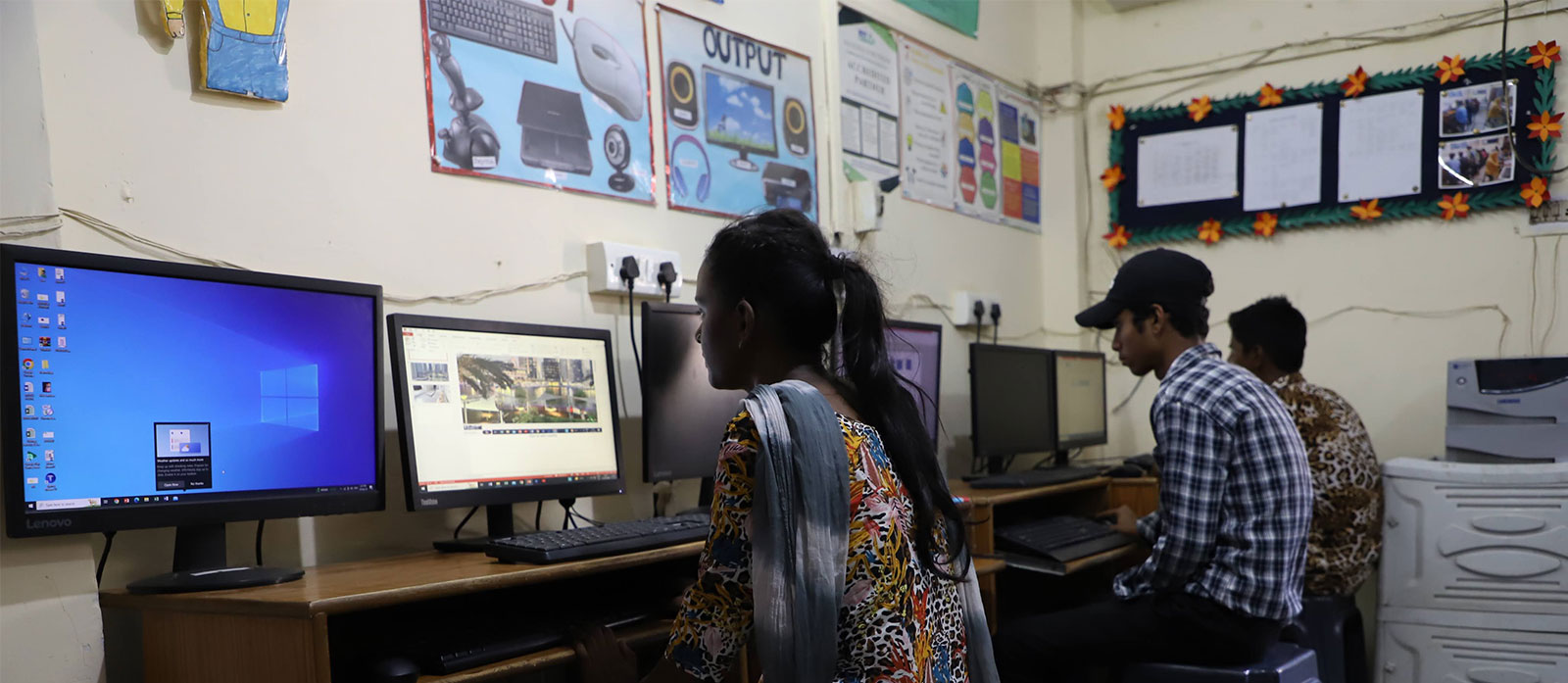Technology has impacted almost every aspect of life today, and education is no exception. While traditional classrooms still bear resemblance to those from centuries ago, technological advancements have profoundly transformed the way students learn, collaborate, and interact with information. The future of education will be shaped by innovations that make learning more accessible, engaging, and personalized. Here are five ways technology is set to redefine education in the coming years.
1. Personalized Learning for Every Student
One-size-fits-all education is becoming a thing of the past. Adaptive learning software and artificial intelligence (AI) are enabling personalized learning experiences tailored to each student’s needs, pace, and abilities. These systems analyze a student’s progress and adjust content accordingly, ensuring that struggling learners receive additional support while advanced students remain challenged. With AI-driven platforms, students will receive customized study plans, interactive exercises, and real-time feedback, making education more effective and inclusive.
2. Enhanced Engagement Through Immersive Learning
Interactive and immersive technologies such as Virtual Reality (VR) and Augmented Reality (AR) are set to revolutionize how students experience learning. Instead of reading about historical events, students will be able to virtually walk through ancient civilizations. Complex scientific concepts can be visualized in 3D, making abstract topics easier to understand. Gamification, incorporating elements of game design into learning, will also play a significant role in keeping students engaged and motivated through challenges, leaderboards, and rewards.
3. Expanding Access to Education Through Digital Platforms
Technology is breaking down geographical barriers, making education more accessible to people worldwide. Online courses, Massive Open Online Courses (MOOCs), and digital classrooms allow students to learn from top educators, regardless of their location. Educational platforms like Khan Academy, Coursera, and Udemy offer high-quality learning resources for free or at minimal cost, providing opportunities for lifelong learning. As internet connectivity improves, students in remote and underserved areas will have greater access to quality education, helping bridge the educational divide.
4. Increased Collaboration and Connectivity
Technology has transformed classrooms into global learning communities. Students can now collaborate with peers and educators worldwide through video conferencing, online discussion forums, and shared digital workspaces. Tools like Google Docs, Microsoft Teams, and interactive whiteboards enable real-time collaboration, allowing students to work together on projects regardless of their physical location. Additionally, social media and educational apps facilitate knowledge-sharing, helping students engage in discussions, exchange ideas, and gain diverse perspectives.
5. Smarter Assessments and Real-Time Feedback
Traditional assessment methods are being replaced by data-driven evaluation techniques that provide instant feedback and actionable insights. AI-powered analytics can track student performance, highlight areas for improvement, and suggest personalized learning paths. Online quizzes, interactive assignments, and automated grading systems help educators monitor student progress in real time, allowing for more effective intervention strategies. As a result, students receive immediate support and guidance, fostering a more productive and adaptive learning experience.
What the Future Holds?
The future of education is being shaped by technology’s ability to enhance engagement, improve accessibility, and personalize learning experiences. From AI-driven adaptive learning to immersive classrooms using VR and AR, the possibilities are endless. As educators embrace these advancements, they must also ensure that technology is used responsibly and inclusively, making high-quality education available to everyone, everywhere. With the right implementation, technology has the power to revolutionize learning and empower future generations to thrive in an ever-evolving world.






